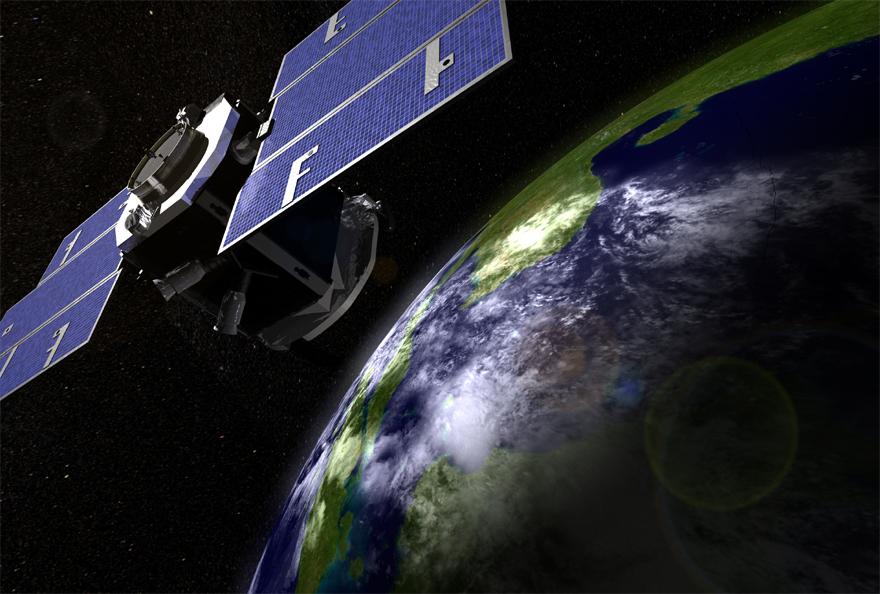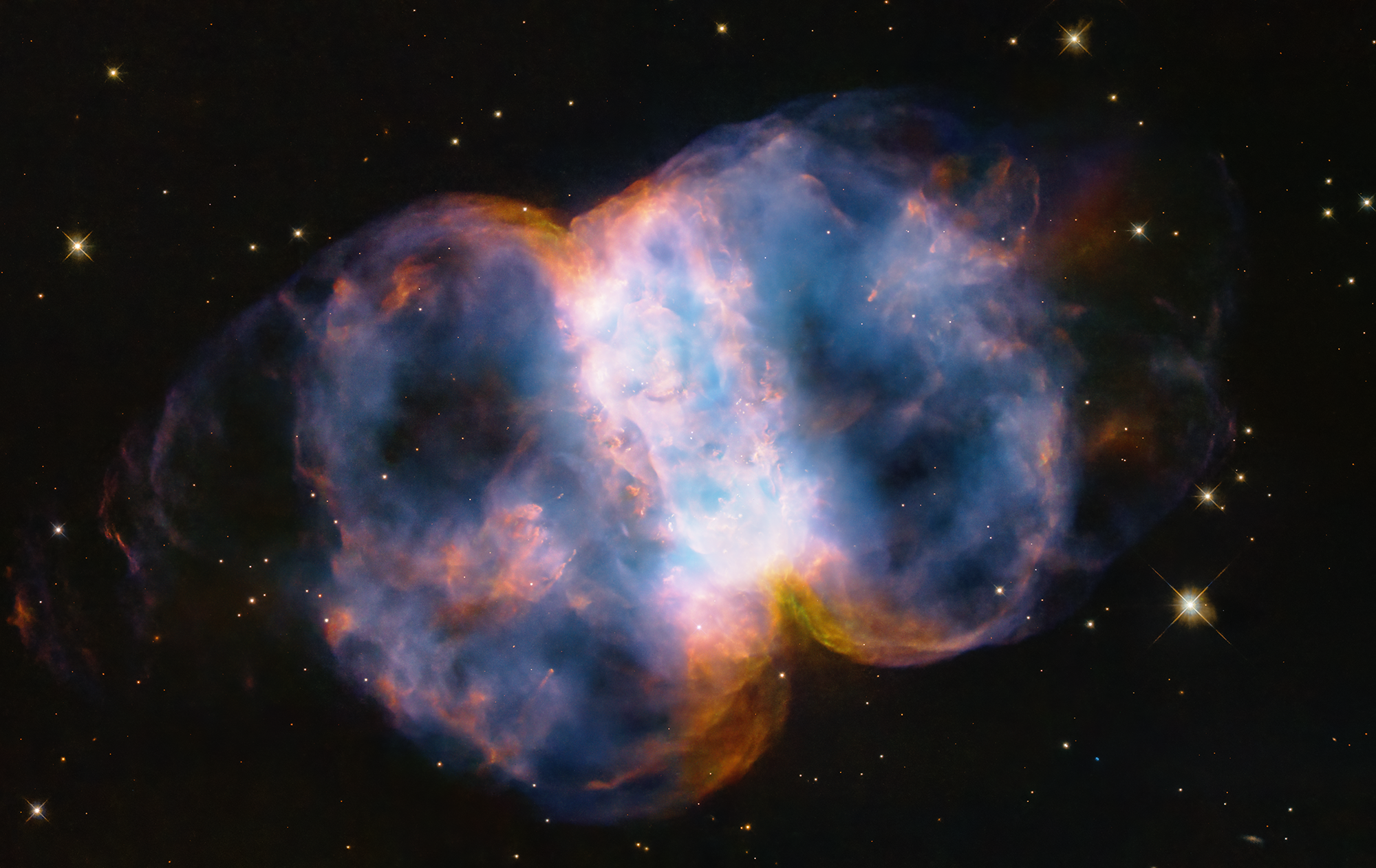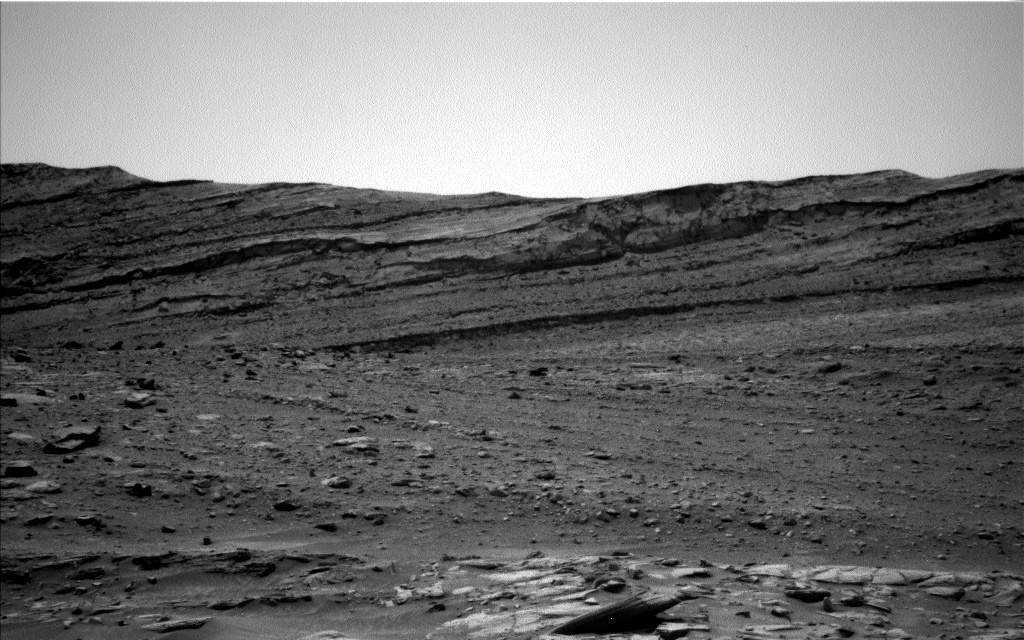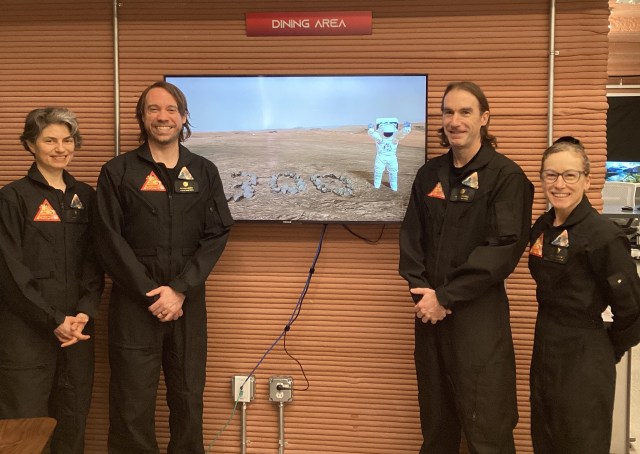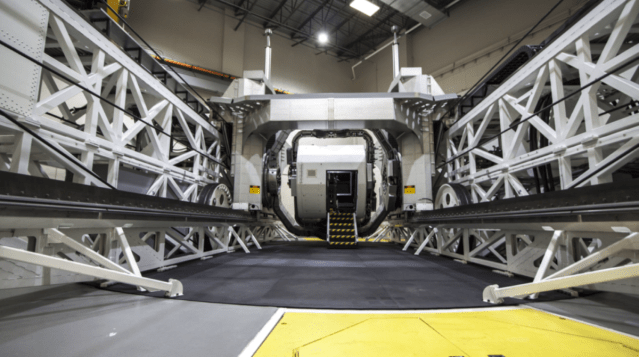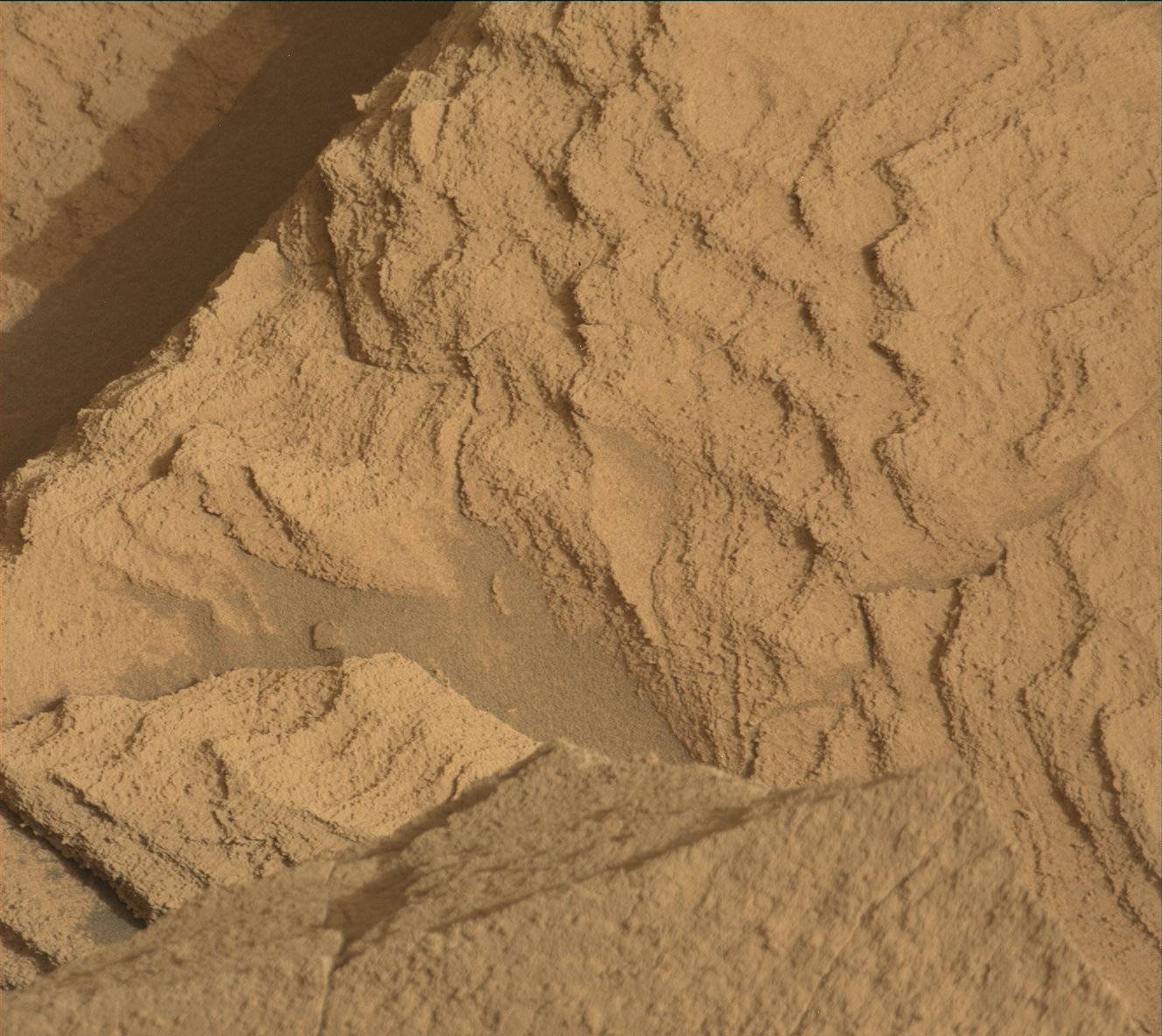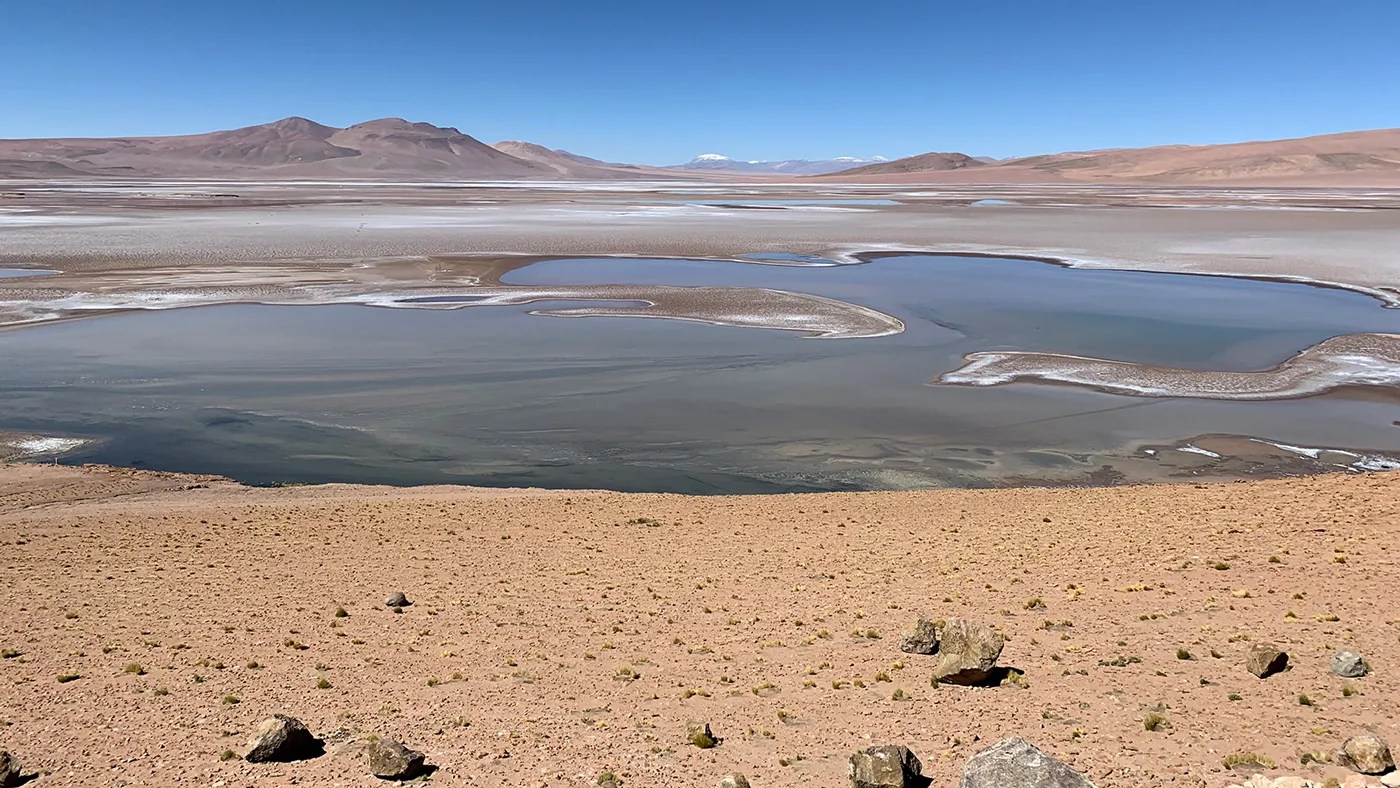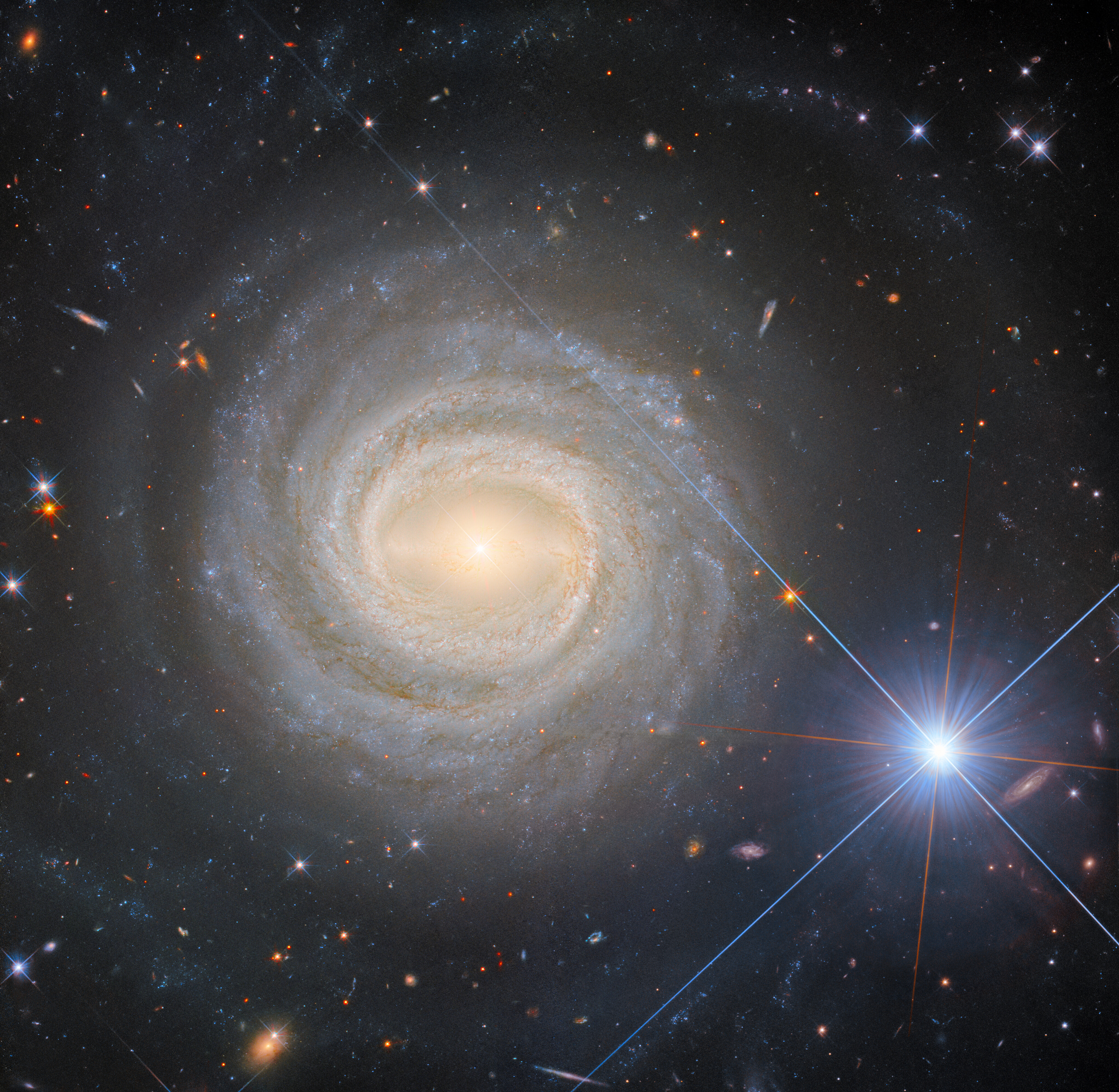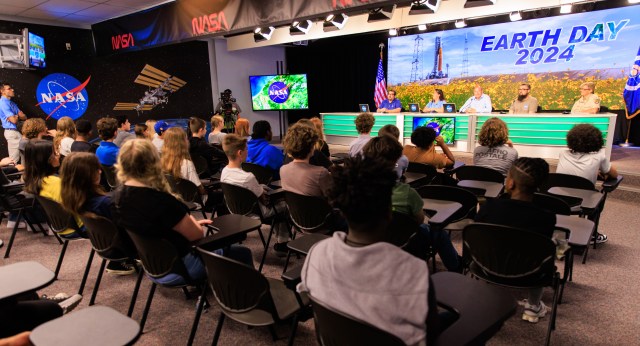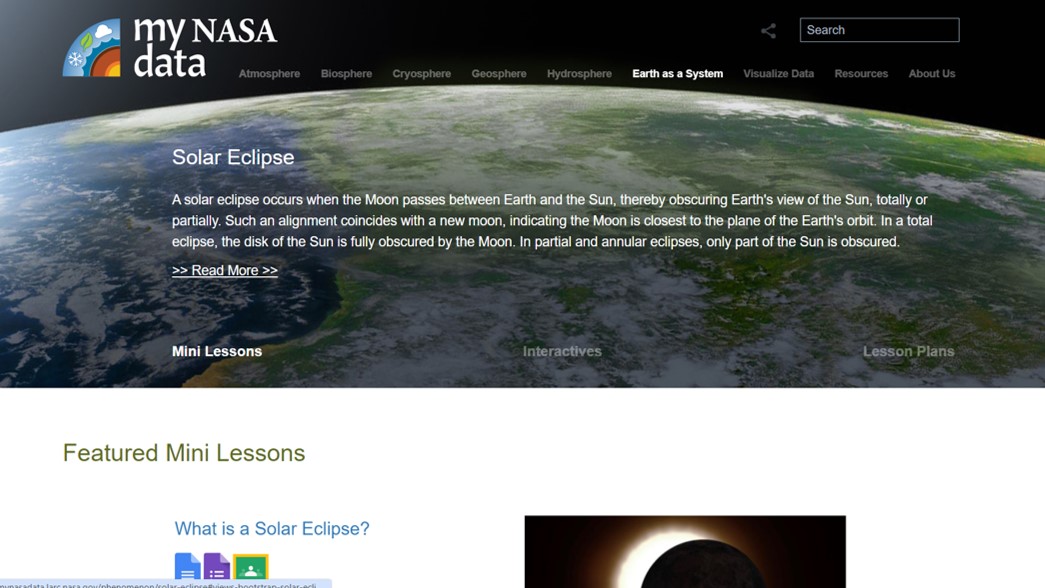NASA has selected 28 university and college student teams to design and launch high-powered rockets for the 2014-2015 NASA Student Launch Challenge. The Challenge is scheduled for April 7-12 near NASA’s Marshall Space Flight Center in Huntsville, Alabama.
The student teams hail from 26 states and the commonwealth of Puerto Rico. They represent a diverse population of universities, colleges and minority-serving institutions. With the competitive proposal process complete, teams are required to design, engineer and launch a rocket to meet challenge specifications. This year, in addition to meeting propulsion requirements, the teams also are designing and testing autonomous ground support equipment. This addition to the challenge supports NASA’s new Space Launch System rocket by aiding research and developing new ways to safely execute launches, streamlines operations, adopt and apply new tools and techniques.
Student teams will undergo technical and safety reviews, led by NASA scientists and engineers. These in-depth reviews mirror accurate launch criteria using NASA’s engineering design lifecycle and safety protocol. This includes preliminary designs, critical designs, flight readiness and an analysis of vehicle systems and ground support equipment.
“Student Launch models many of the real-world scenarios experienced by our NASA workforce,” said Alotta Taylor, director of Strategic Integration within the Human Exploration and Operations Mission Directorate at NASA Headquarters in Washington, one of the sponsors for this event. “Students work together to build original flight hardware and solve complex engineering problems, giving them a practical and applicable experience that prepares them for NASA careers.”
Teams will be judged on the success of their rocket launch, payload deployment and operation of autonomous ground support equipment, as well as the quality of their supporting documentation. The winning teams will receive cash prizes, while additional awards and trophies will be presented for accomplishments in safety design, website design, outreach activities, project reports and design reviews. ATK Aerospace Group of Promontory, Utah, will award several of the prizes.
“The NASA Student Launch Challenge — now in its 15th year — has engaged hundreds of students in real-world scenarios that solve complex engineering challenges,” said Tammy Rowan, manager of the Academic Affairs Office at Marshall, which organizes the event. “Each team must meet rigorous standards and review processes, just like those applied in NASA research and missions.”
New this year will be the Mars Ascent Vehicle Prize, supported by NASA’s Centennial Challenges Program, which will provide additional awards up to $50,000 for teams that can complete additional autonomous operation requirements.
Centennial Challenges is part of NASA’s Science and Technology Mission Directorate and seeks to generate revolutionary solutions to problems of interest to NASA and the nation from non-traditional sources, including private companies, student teams and independent inventors.
The work and effort of the NASA Student Launch ensures the availability and continued advancement of strategic, technical and programmatic capabilities to sustain NASA’s mission.
The NASA Student Launch is a competitive and experiential exploration project that provides relevant and cost effective research and development opportunities. Student Launch is supported by NASA’s Human Exploration and Operations Mission Directorate, the Centennial Challenges Program, NASA’s Office of Education and the ATK Aerospace Group.
For a complete list of the 2014-2015 teams, visit:
http://go.nasa.gov/1w5fa8X
Follow the Student Launch social media pages for the latest news and updates:
https://www.facebook.com/NASAStudentLaunch
https://twitter.com/NASA_Launchfest
For more information about NASA Education, visit:
https://www.nasa.gov/education
-end-
Joshua Buck
Headquarters, Washington
202-358-1100
jbuck@nasa.gov
Angela Storey
Marshall Space Flight Center, Huntsville, Ala.
256-544-0034
angela.d.storey@nasa.gov


